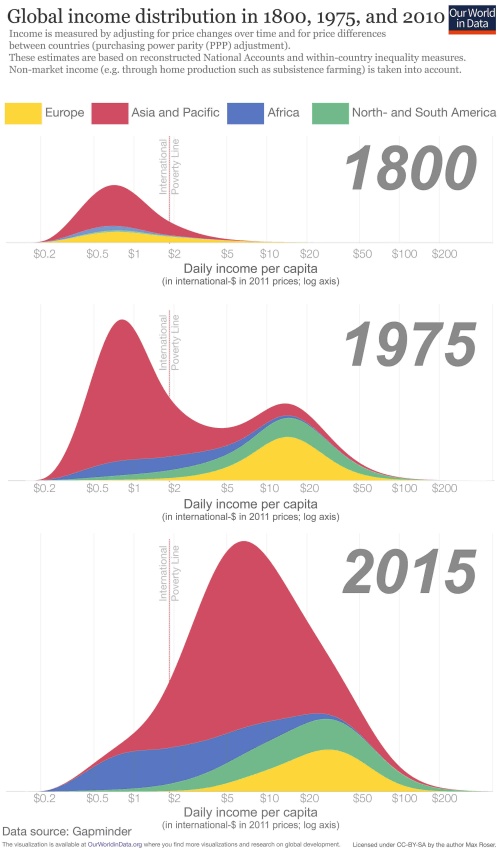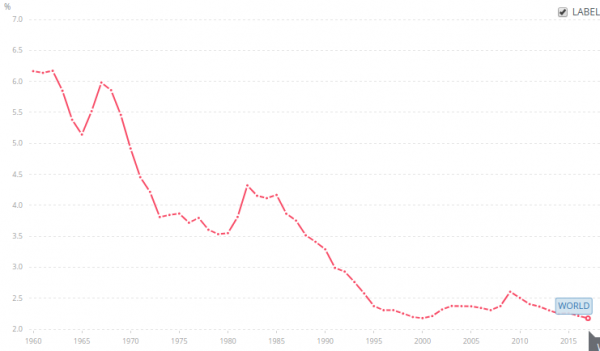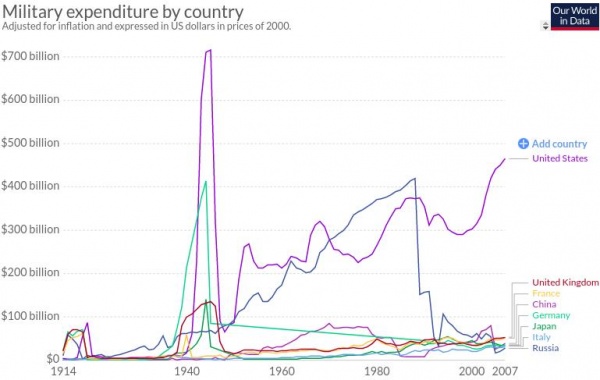Distributive Enterprise Development
Intro
The current depression epidemic (1/6 people in the USA get depressed in a debilitating way) indicates that meaning and purpose are lacking in peoples' lives. See The Depths. New research in mood science indicates that the underlying cause is related to coping - where lack of alignment to one's true interests and meaning in life (as in Self-Determination Theory) - is an issue for human thriving.
In the 21st century, one of the underlying causes of the lack of self-determination (mostly in the developed world) is that most people struggle to make a living in a world of Artificial Scarcity. A solution to self determination is eliminating artificial scarcity - such that every person is guaranteed to have their basic needs met - without high levels of survival stress that most people face today. When all our needs are met, we can then begin to Evolve to Freedom - ie, we can start pursuing self-determination or freedom in a way that is uninterrupted by fear of survival. This means that the choices that we would make in life would be more regenerative - to ourselves and the environment. The good part is that modern technology makes this possible. But modern economic systems make this rather difficult in practice. We need to achieve a world beyond war=commerce, commerce=war.
Helping everyone achieve material security is core to OSE's mission. Our approach is simple. Given that industrial productivity has way outpaced consumption - we know that there is enough for everyone. However, the distribution of wealth remains grossly skewed, though it has improved significantly [1]:
From a Western world perspective - $12k is the poverty line [2]. That is about $32 in the graph above - which means that the vast majority of people in the world live below the US poverty line. Note that the critique of abject poverty is that its low $2/day value is very low - it may be useful to question humanity's pride of accomplishment of surpassing that level. $2 per day is absolutely unacceptable. The mere fact that we can talk about $2 per day as the accepted abject poverty line is a disgrage to the human species.
While commerce=war from the standpoint of open collaborative development - actual average military spending is decreasing since the 1960s to a global average of only around 2% of GDP [3]:
Or is it? NO IT IS NOT. While true, the above figure is highly misleading. The real measure of military spending is the USA, which spends more on the military than the next 7 highest countries combined. And Belize, a country without a military, weighs as much as the largest military superpower in the above graph. The military of the USA has been increasing consistently, and shows inertia of the cold war. While Russia collapsed in the 80s, the USA maintained its race - in absence of 'real' enemies:
SO the facts are - society has not yet evolved to reducing war. There may be less war per capita, but the overall war effort is on the uprise. That is a byproduct of a culture in which open collaboration is secondary to proprietary development - for which reason we emphasize that the cultural shift must start at the level of open source economic development.
Buying Out at the Bottom: the OSE Social Contract
Since militaries and corporations have too much inertia, it is up to free individuals to lead the change of transitioning to a peacetime economy. To create a world of self-determination, we must start with people reclaiming their lives. OSE proposes collaborative development of Distributive Enterpises based on Extreme Manufacturing - or Extreme Enterprise - to realize industrial productivity on a small scale that can provide for a thriving lifestyle.
Not only this, the OSE promise is that nobody should have to work more than a small fraction of their time to provide their needs. Most time should be liberated so that everyone can pursue their true interests based on a drive for self-determination. This can have a corrective effective on the direction of wealth distribution and environmental stewardship.
As such, we propose the collaborative development of enterprise where people have to work 2 hours per day to meet all needs and thereby support a lifestyle of thriving - so that 80% of one's time can be dedicated to purpose and meaning.
The logic is simple. With available technology, automation, and AI - it can be trivial to survive and thrive. OSE is dedicated to making this practical for everyone.
For the OSE case, that means that as an immediate experiment in the feasibility of the above - we create OSE Campuses with a dedicated mission of taking pressing world issues one by one, in a prioritized order, and solving them. This is unique in that such an effort is not fungible within the 'system'. Incumbents typically do not fund the revolution, so backing must come from the inside. Such is the goal of Extreme Enterprise. In the OSE Campus, Extreme Enterprise is combined with efficiency - for a dollar saved is a dollar earned. By building a closed-loop material cycle economy - the cost of living is reduced significantly, and distractions from pursuing true meaning and purpose are eliminated.
OSE Model
OSE's model involves the development of a robust distributive enterpirse that can be taught and replicated widely. OSE will thus develop a team of collaborators - OSE Fellows - who pursue making this possible to everyone who chooses to learn and grow. OSE Fellows work on further R&D and create curriculum for rapid learning of productivity according to OSE Documentation Standards.
Once again - we stress material productivity to address the material security of people - which remains an unsolved issue for most of the world population. In other words, slavery and compromise are linked closely to the ability to provide one's needs. This issue has not been solved yet, and it is from our standpoint unconscionable that this issue should be unsolved much longer than a decade.
To create OSE campuses, OSE Fellows organize, first, a Summer School lasting 3 months. This extends to a full year program as infrastructure is built.
One of the core experimental principles for the OSE Campus is to demonstrate that rocks, sunlight, plants, soil, and water are sufficient to create an advanced standard of living, including technology up to semiconductor manufacturing, using closed loop material cycles. As such, OSE Fellows are dedicated developers to make this experiment happen. We envision OSE Campuses that are built up to Dunbar's number in population, after which the facilities are replicated in multiple locations. The OSE Campuses are points of light that transition local economic sustems to integrated agroecology, closed-loop ecoindustry, and centers of cultural and scientific advancement. Since trees take 5-20 years to mature - a 'mature campus' would take about 2 decades to be built to its fully productive state - though about 5 years may be sufficient to build its population and land base. To that end, the OSE team acquires land holdings and builds infrastructure based on revenue from its extreme manufacturing operations.
Next Goals
To transcend Artificial Scarcity on earth, OSE proposes Distributive Enterprise. The first step is demonstrating the feasibility of the world's first true distributive enterprise. Currently, we are working on the 12 Printer Production Engineering - and the related business model of generating $1k/person/day by Extreme Manufacturing of 3D printers.
An enterprise must include operations and marketing so that $1k/person/day can scale to every day of the year ($365k revenue), and then to multiple people - at least 12 - as an open source franchise model that encloses no intellectual property in any realm of endeavor whatsoever.
However, we propose a work day of 2 hours per day to meet all needs as a basis for self-determination, hence the revenue projections drop to 1/4 of the above, or $90k per person. This is plenty to sustain a farmer-scientist or Open Source Ecologist lifestyle, where the village is an OSE Campus dedicated to eradicating all global pain points.
At the level of a Dunbar Number Village, the potential revenue from a full village is about $14M from honest (productive) work, augmented by Neosubsistence in practice. The goal of the OSE Campus is to demonstrate the functioning of small units of integrated social organization, based on responsibility. As such, the OSE Campus forms the basis of autonomous republics or city states of tomorrow.
Rollout
Steps in Distributive Enterprise Development of replicable OSE Campuses include:
- First Distributive Enterprise - starts with developing production efficiency. Specifically - with efficient productivity on a small scale, such as 12 Printer Production Engineering as an example of Extreme Manufacturing. Demonstrate that an Extreme Entrepreneur can generate $100k revenue per year at 2 hours of work per day as promised in the Artificial Scarcity video.
- Business Development - creating an enterprise infrastructure around the Extreme Manufacturing enterprise. This includes marketing, supply chain procurement, licensing, training, and franchising - all in an open source intellectual property regime. This includes developing Continuing Product Development. Once the enterprise is working, a solid R&D function must be built in to leverage widespread collaborative development that shifts the dial towards open collaboration as opposed to proprietary development. For this to happen, new enterprises must capture market share that displaces the current militaristic economic principles. It should be noted here that from OSE's perspective, proprietary economic development is related closely to war and military conquest, which is unsustainable.
- Hiring and Onboarding - OSE's growth strategy is to perform R&D - open source product development towards Distributed Market Substitution as an antidote to the competitive and military economy. OSE foresees a number of independent collaborators working with OSE as OSE Fellows. Those who are good candidates for Open Source Ecologists are invited to continue their education at the OSE headquarters. The process here is fluid, in that we develop Distributive Enterprises to form a Core Team. The core team, funded by XM at 2 hours per day average - spends most time in continued R&D and curriculum development. We produce tangible products and Design Guides for those products.
- Summer School - 3 months of the summer - is a great R&D, education, and enterprise convergence with OSE Fellows at the OSE Headquarters. OSE's promise is teaching individuals to attain, the 2 hour per day Evolution to Freedom. The summer school is a period of intense development and learning. This is how we build community, and train potential collaborators. We are considering 2 tracks - the Distributive Enterprise Track - for those intending to work with OSE full time - and the Summer of Extreme Design and Build - for students who want to learn new skills in an immersive environment. The former requires a more strict application process, and the latter is open to everyone. The Summer School also includes work on Incentive Challenge designs, and associated builds. A product of the Summer School will be one or more products added to the Open Source Everything Store distributive enterprise.
- Core Team - after the core OSE team grows to 12 people - we culminate in expanding our training offer to a more in-depth, 3 month period - essentially a more focused version of the Summer School. Topics will focus on Agriculture, Construction, Heavy Machines, Heavy Industry, Materials Production, and the Open Source Everything Store. At that point, we will invite an on-site production manager, and a farm manager. We envision Core Team members being hired initially as independent contractors, and eventually, as community members under the governance of an OSE Campus - dedicated to solving pressing world issues where every participant takes on one or more sector/industry transformations as their project. The sector could be government, Un-military, education, business, humanitarian development, etc.


